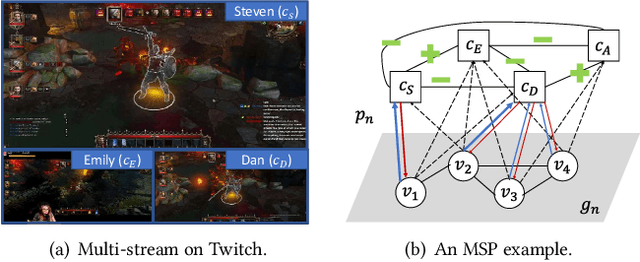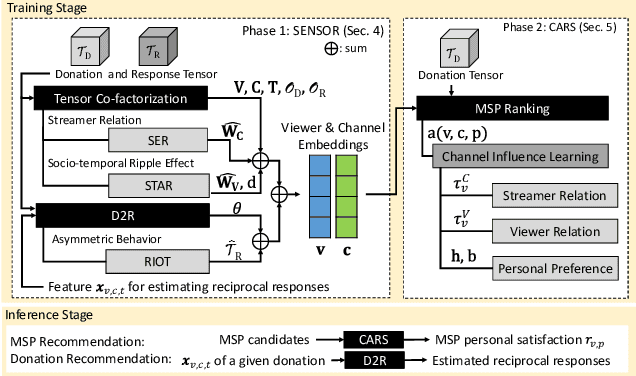Hsu-Chao Lai
DeCo: Defect-Aware Modeling with Contrasting Matching for Optimizing Task Assignment in Online IC Testing
May 01, 2025Abstract:In the semiconductor industry, integrated circuit (IC) processes play a vital role, as the rising complexity and market expectations necessitate improvements in yield. Identifying IC defects and assigning IC testing tasks to the right engineers improves efficiency and reduces losses. While current studies emphasize fault localization or defect classification, they overlook the integration of defect characteristics, historical failures, and the insights from engineer expertise, which restrains their effectiveness in improving IC handling. To leverage AI for these challenges, we propose DeCo, an innovative approach for optimizing task assignment in IC testing. DeCo constructs a novel defect-aware graph from IC testing reports, capturing co-failure relationships to enhance defect differentiation, even with scarce defect data. Additionally, it formulates defect-aware representations for engineers and tasks, reinforced by local and global structure modeling on the defect-aware graph. Finally, a contrasting-based assignment mechanism pairs testing tasks with QA engineers by considering their skill level and current workload, thus promoting an equitable and efficient job dispatch. Experiments on a real-world dataset demonstrate that DeCo achieves the highest task-handling success rates in different scenarios, exceeding 80\%, while also maintaining balanced workloads on both scarce or expanded defect data. Moreover, case studies reveal that DeCo can assign tasks to potentially capable engineers, even for their unfamiliar defects, highlighting its potential as an AI-driven solution for the real-world IC failure analysis and task handling.
Uncertainty-Aware Critic Augmentation for Hierarchical Multi-Agent EV Charging Control
Dec 23, 2024Abstract:The advanced bidirectional EV charging and discharging technology, aimed at supporting grid stability and emergency operations, has driven a growing interest in workplace applications. It not only effectively reduces electricity expenses but also enhances the resilience of handling practical issues, such as peak power limitation, fluctuating energy prices, and unpredictable EV departures. However, existing EV charging strategies have yet to fully consider these factors in a way that benefits both office buildings and EV users simultaneously. To address these issues, we propose HUCA, a novel real-time charging control for regulating energy demands for both the building and electric vehicles. HUCA employs hierarchical actor-critic networks to dynamically reduce electricity costs in buildings, accounting for the needs of EV charging in the dynamic pricing scenario. To tackle the uncertain EV departures, a new critic augmentation is introduced to account for departure uncertainties in evaluating the charging decisions, while maintaining the robustness of the charging control. Experiments on real-world electricity datasets under both simulated certain and uncertain departure scenarios demonstrate that HUCA outperforms baselines in terms of total electricity costs while maintaining competitive performance in fulfilling EV charging requirements. A case study also manifests that HUCA effectively balances energy supply between the building and EVs based on real-time information.
Live Multi-Streaming and Donation Recommendations via Coupled Donation-Response Tensor Factorization
Oct 05, 2021



Abstract:In contrast to traditional online videos, live multi-streaming supports real-time social interactions between multiple streamers and viewers, such as donations. However, donation and multi-streaming channel recommendations are challenging due to complicated streamer and viewer relations, asymmetric communications, and the tradeoff between personal interests and group interactions. In this paper, we introduce Multi-Stream Party (MSP) and formulate a new multi-streaming recommendation problem, called Donation and MSP Recommendation (DAMRec). We propose Multi-stream Party Recommender System (MARS) to extract latent features via socio-temporal coupled donation-response tensor factorization for donation and MSP recommendations. Experimental results on Twitch and Douyu manifest that MARS significantly outperforms existing recommenders by at least 38.8% in terms of hit ratio and mean average precision.
 Add to Chrome
Add to Chrome Add to Firefox
Add to Firefox Add to Edge
Add to Edge